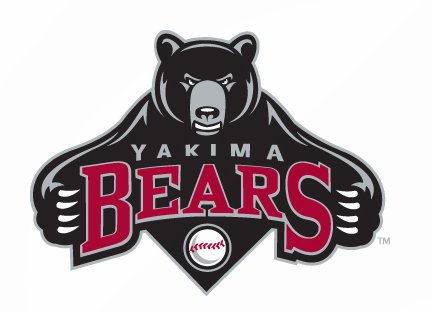A memo to the Vancouver City Council from the city manager outlines the city’s role in a proposal to bring minor league baseball to Vancouver.
While Clark County and Clark College have been working with the owners of the Class A Yakima Bears, the city council will be involved beyond issuing permits, Eric Holmes wrote in the June 23 memo.
Team owners want county commissioners to approve a 5 percent entertainment admissions tax and deposit the estimated annual revenues of $965,000 into a fund to help pay off construction bonds.
Since commissioners have said they will not back the bonds with the county’s general fund, team owners have said they will privately secure financing to build, own and operate the stadium.
The city would likely have to agree to commit the revenue from the admissions tax, Holmes wrote.
Investors will want assurance that revenues will be stable. If the city decided to enact its own admissions tax, the revenues collected in the city would be excluded from what the county could use to pay off stadium bonds.
Holmes estimated an admissions tax would generate $500,000 annually in the city. If the city enacted the tax on its own, that money could be used for general public services.
“In recent Council retreats, staff identified the admissions tax as one of a very few non-voted, revenue-generating tools that Council could use to partially address unmet operational and capital requirements of the city,” Holmes wrote.
The council, which cut more than $14 million from its general fund last year, rejected raising taxes.
“I will not support raising taxes for something that does not support our core, essential services,” Councilor Bart Hansen said Wednesday.
The council decided not to enact the admissions tax because the revenues wouldn’t be nearly enough to solve the city’s financial woes, said Vancouver Mayor Tim Leavitt.
Committing $500,000 a year to the general fund, for example, would pay salaries, benefits and training costs for only four firefighters, Leavitt said.
Leavitt said he’s looking forward to a “healthy debate” over whether the city should commit to investing $500,000 a year for a multiuse stadium and wants to hear more about the benefits of a stadium.
“There’s an important discussion about the quality of life, and investing in community assets that bring more value to our community,” he said.
Kim Bennett, president of Vancouver USA Regional Tourism, estimates the stadium would bring in $189,000 a year in tourism.
A more thorough economic analysis is under way.
The 3,500-seat stadium would be built east of Interstate 5, partially on the site of Clark College’s current baseball field. The Bears would play 38 home games a year, but the college and community teams could use the stadium.
In Holmes’ memo, he wrote that a stadium could be permitted as an “accessory use” to Clark College, just as nearby Hudson’s Bay High School has Propstra Stadium.
He said Clark College has an approved public facilities master plan that shows a softball diamond in the area where the facility is proposed. Since the softball field is “substantially less intense” than the proposed stadium, the college’s plan will have to be amended.
The amendment will have to be approved by a hearings examiner after a public hearing. If the hearings examiner grants the amendment and neighbors appeal, the issue would land before the city council, Holmes wrote.
Ron Arp, a spokesman for Short Season LLC, was asked whether the team has other revenues in mind to back the bond should the city council refuse to commit the revenues. He said Wednesday only that they are comfortable with Holmes’ memo.
County commissioners will have their first work session on the team’s proposal 9 a.m. July 13 at the Public Service Center.
A second work session will be scheduled on the admissions tax, if commissioners agree to go forward.
Commissioners would have a public hearing before enacting the tax.
The admissions tax could be applied to: movies, Sleep County Amphitheater, the Clark County Fair, Washougal Motocross, the new stadium, Mountain View Ice Area, golf courses and other activities where people pay admission. Nonprofit organizations might be excluded.
Stephanie Rice: 360-735-4508 or stephanie.rice@columbian.com.



